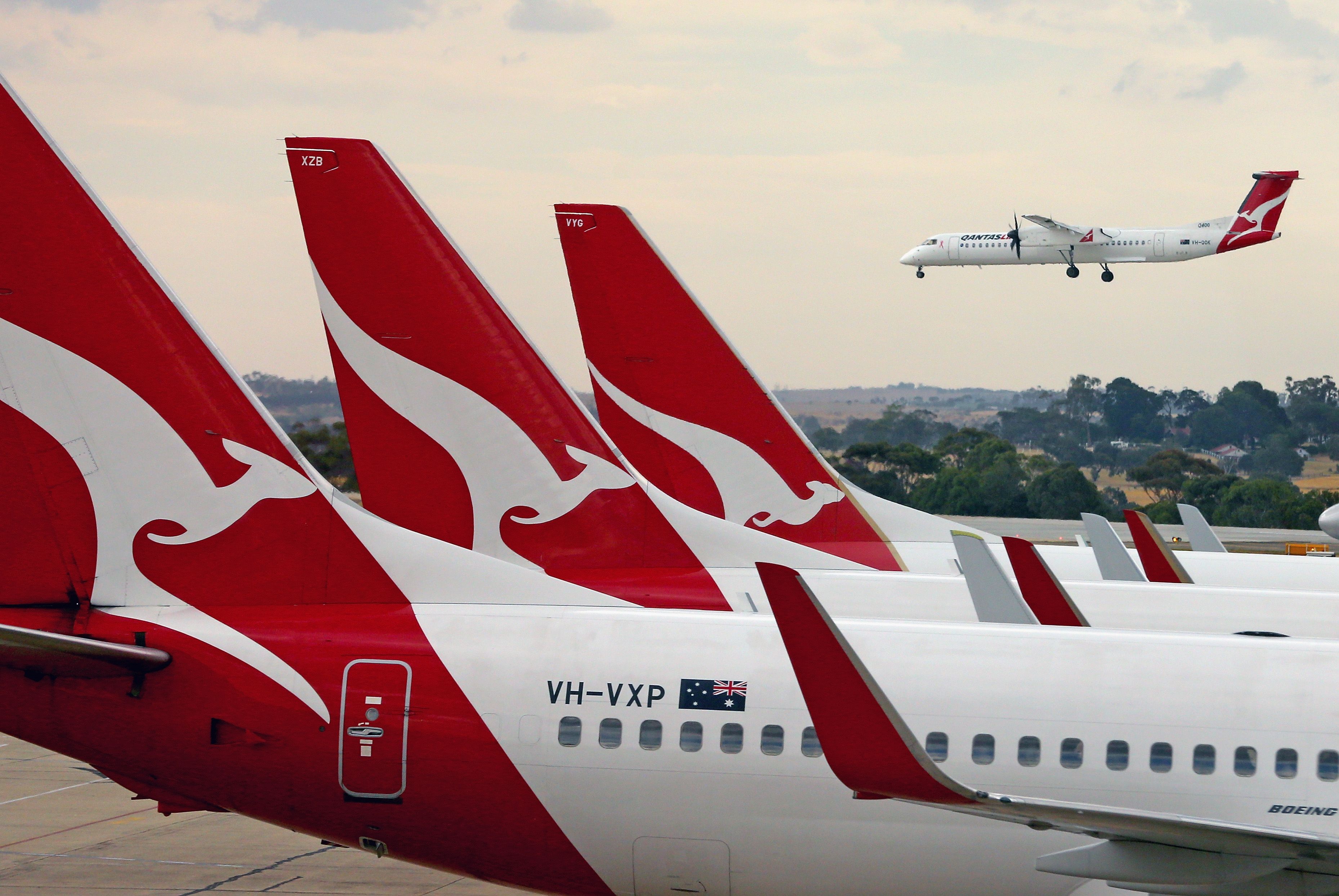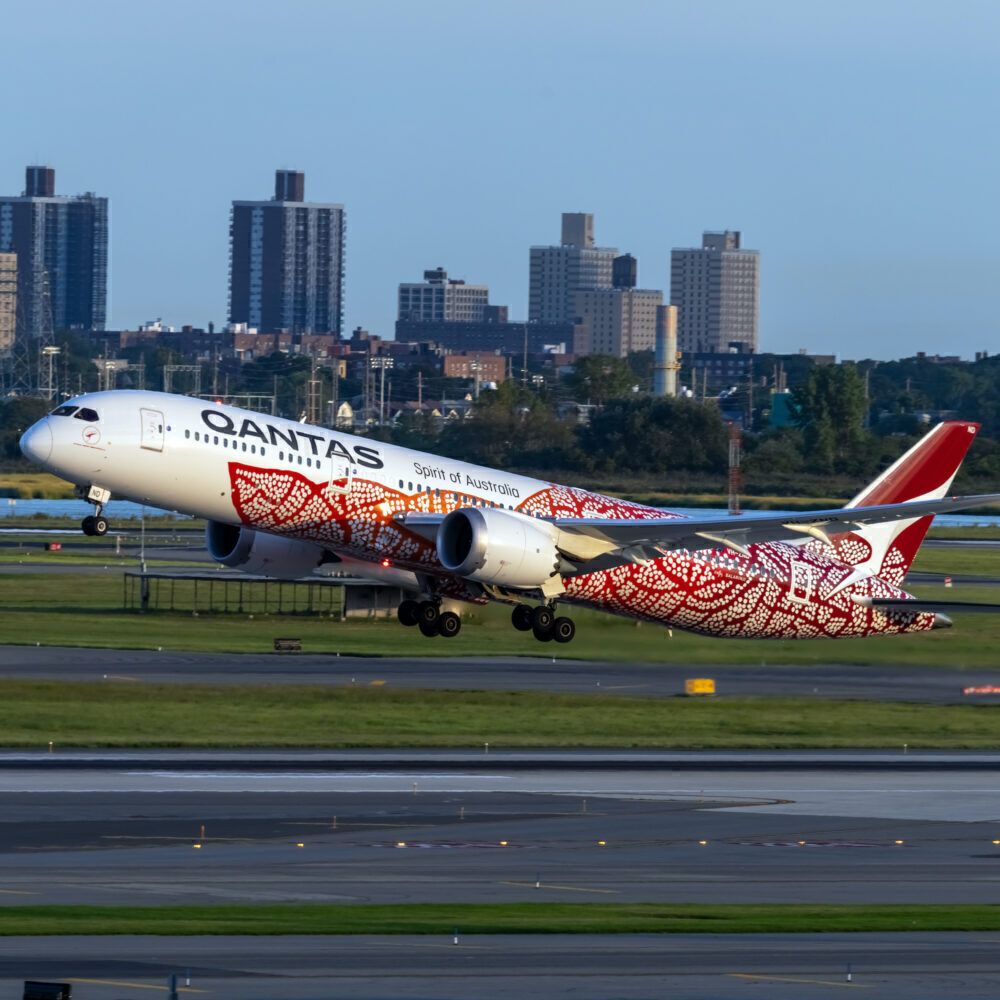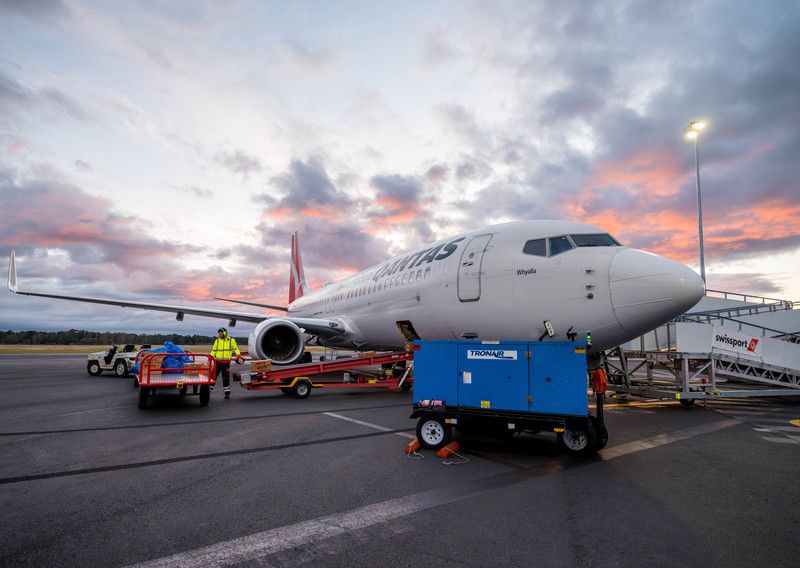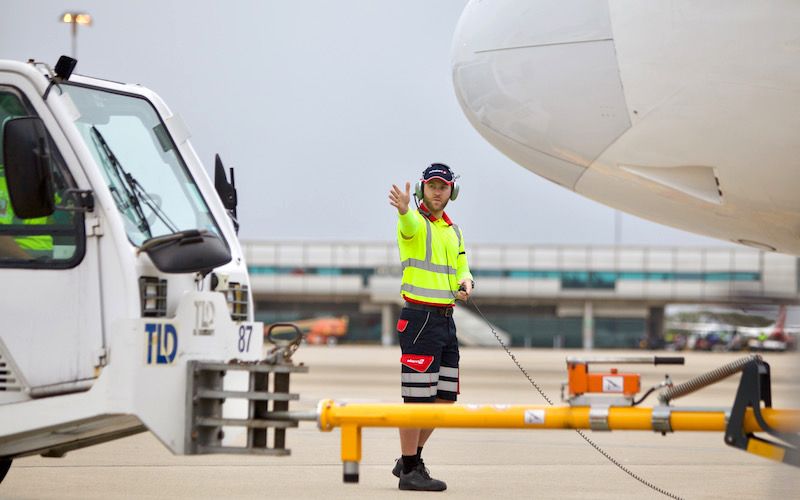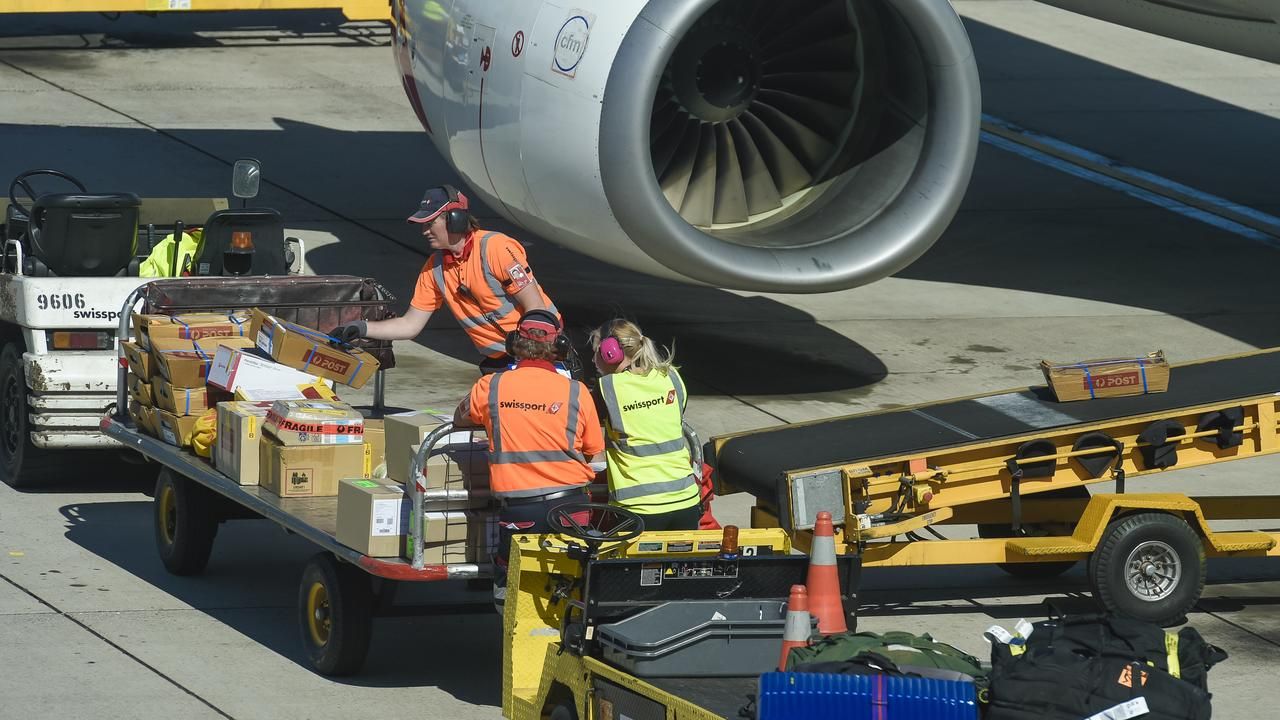Following several months of allegations of unsafe work practices, extended unpaid working hours, and an overall toxic work environment, a survey conducted by the Transport Workers' Union showed that 76% of Swissport ground workers working for Australian flag carrier Qantas were considering leaving the aviation industry altogether.
The survey was conducted across 165 Swissport workers, meaning about 126 are considering quitting if circumstances don't improve. And out of the 165, 80% were concerned about inexperience from the extremely high staff turnover, and approximately 67% have only worked in the aviation industry for less than two years.
Let's do a recap
During the height of the pandemic, Australian flag carrier Qantas had let go of several of its employees. The airline proceeded to outsource ground work, and Swissport was one of the many outsourced ground-handling agencies handling the bulk of Qantas' ground work.
Considering Swissport was just one of several companies, Qantas allegedly wanted to find a way to reduce costs even more, which meant that the ground-handling companies were put in an increasingly cut-throat situation. And as Australia's aviation industry rebounded, Swissport workers suffered even more with the added demand and pressure.
Discover more aviation news for Australia and Oceania here!
Paired with the severe lack of staff and the alleged practices of cutting corners, it seems unsurprising that so many Swissport workers were already thinking of leaving the industry so soon. According to Swissport, the company does acknowledge the understaffing issue, stating:
"The business is acutely aware that our human resource levels are simply not at a sustainable level to meet the ongoing demand from the airlines."
The concerns over safety
While the allegations have been forthcoming, results from the survey have been equally alarming. Regarding the safety concerns around Swissport, 41% of the 165 surveyed workers have been injured at work, while 71% have witnessed a safety incident. Workers have also been asked to continue working despite being severely injured, with fractures or bleeding wounds. The alarming response comes as the survey further highlights how only 17% have received proper training on new safety procedures.
The survey also highlighted how 44% of the workers had to find out and learn from other workers. Even during training, new employees are allegedly rushed through training within a short timeframe, disallowing the new members to settle into the job and correctly learn the ropes. A quote from a surveyed Swissport worker said:
"Most of the time, management will tell the group of employees on shift when a procedure change occurs and expect that information to be relayed to everyone with no formal notice."
Given the apparent lack of training, the mishandling of Swissport's aged equipment would eventually lead to several safety incidents. The workers have mentioned instances of crashing when the vehicles' brakes failed or when chains would break and caused dollies to collide with other equipment on the ground. Despite the old and faulty equipment, the workers claim that Swissport has not been servicing them, with several conveyors and tugs being out of service for several months.
The concerns over fatigue
Perhaps another concerning response from the survey was that 95% of the Swissport workers had experienced fatigue at work, with 81% worried about the lack of staff and how the factors would keep resulting in safety incidents occurring when combined. Due to the long work hours and extreme workload, several workers have admitted that being fatigued had led them to miss critical steps, such as forgetting to check if the passenger door was open before putting stairs on an aircraft.
Others admitted that the tiredness had led them to miss radio callouts, essential baggage information, and even driving incidents as they forgot to scan restricted areas for aircraft before moving. A worker was quoted as saying:
"When I started, I was expected to work 10+ hour shifts, 6 days a week, with no breaks. I had to work alone, loading 350-400 bags on international flights in a poorly ventilated, freezing bag room. I worked through illness, told management, but they did not care as we were short-handed."
Get the latest aviation news straight to your inbox: Sign up for our newsletters today!
Overworked and underpaid - it's time to leave
Though the aviation industry, particularly ground handling, has always been more labor-centered. Swissport ground workers feel that circumstances did not have to be so severely degraded as what they've been going through. The immense pressure of multiple back-to-back flights and working with limited experienced hands and working equipment was not worth the low pay and incredibly long hours.
Additionally, workers have claimed that Swissport had an inconsistent rostering system, which meant that the workers had to pick up more part-time shifts to fill their rice bowl, and this also meant being at work six days a week or more. And despite having no choice but to pick up extra part-time shifts, the means did not justify the effort as the extra shifts meant extra money on part-time rates, which were even more insufficient in their eyes, but they had little to no choice.
Calling for government intervention
In light of what the survey has highlighted, the Transport Workers' Union has said it would write to the Civil Aviation Safety Authority (CASA) and the Australian Transport Safety Bureau to renew calls to investigate Qantas' supply chain. The union's National Secretary, Michael Kaine, said:
"We’ve already seen a mass exodus in aviation because of illegal Qantas outsourcing. Now those still in the industry are questioning whether they can afford to stay, both financially and for their health and safety. Under a squeeze from Qantas’ low-cost contracts, ground-handling companies can’t attract new staff to secure work with minimum wages and conditions."
If such issues, such as how so many workers are essentially ready and determined to leave the industry, persist, it further jeopardizes Australia's aviation sector. In Kaine's perspective, the only way to solve this structural fault and save the aviation industry is through government intervention, such as the Safe and Secure Skies Commission to enforce standards and rebalance focuses from executive bonuses and shareholder dividends to a quality industry.

